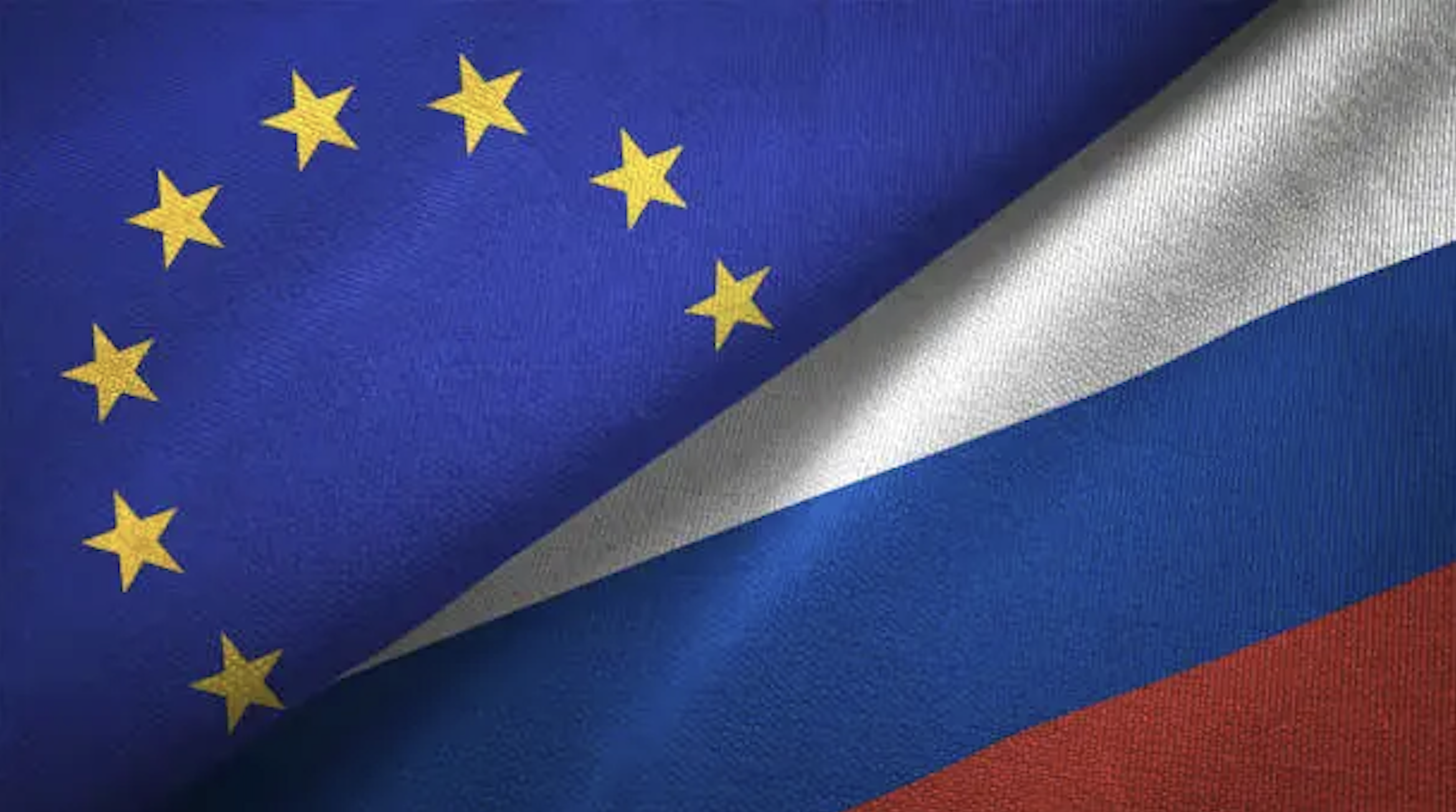Stay ahead with the latest financial crime news and expert insights.

Advisory Note: Reform of OFSI Enforcement Processes and Legislative Impact
OFSI has unveiled a fundamental overhaul of its sanctions enforcement regime, combining significantly higher potential penalties with powerful new incentives for early and proactive cooperation.
This advisory unpacks OFSI’s revised enforcement framework, including the introduction of “stackable” discounts of up to 70%, the new Early Account Scheme, and proposed legislative amendments to the Policing and Crime Act 2017 that could double statutory penalty caps. We set out the practical and strategic implications for firms’ breach response processes and provide a decision-making tool to help Legal and Compliance teams assess whether—and when—to engage with OFSI under the new regime.
For firms facing tighter timelines, higher stakes, and a clear regulatory push towards speed and transparency, this note is essential reading.

Crypto assets and Sanctions Compliance: Threats and Guidance for Compliance Professionals
Crypto assets are fully subject to UK financial sanctions, and regulators increasingly view the sector as a material sanctions-evasion risk.
This article analyses the UK Office of Financial Sanctions Implementation’s assessment of crypto-related sanctions threats and clarifies the legal and regulatory obligations that apply to crypto asset firms and counterparties. It sets out key risk typologies, compliance vulnerabilities and reporting expectations, with the aim of supporting firms in meeting UK sanctions requirements and strengthening their sanctions control frameworks.

UK Sanctions Risk Across Key Non-Financial Sectors
As UK sanctions rules continue to evolve, non-financial sectors are becoming a critical focus for regulators and compliance professionals. High value dealers, art market participants, insolvency practitioners, and letting agents now face significant exposure under the UK sanctions framework, making robust sanctions compliance essential. This article provides a detailed analysis of the key sanctions risks affecting these sectors, including customer, ownership, transactional, and asset-management vulnerabilities. It also outlines practical risk-mitigation strategies to help organisations strengthen their sanctions controls, avoid breaches, and meet their regulatory obligations. For businesses looking to enhance their sanctions risk management, this guide offers clear, actionable insights grounded in current UK enforcement expectations.

Simple Guide: Export Control (Amendment) Regulation 2025
The UK’s export control rules are changing twice in 2025 – and routine mistakes just got a lot more expensive. In this clear, practical guide, we explains what the Export Control (Amendment) Regulations 2025 mean for exporters of chips, space hardware, software/AI and controlled goods, including the new TPP threshold for microchips, revised spacecraft definitions, and the stricter treatment of “simple” admin errors. The article closes with a four-step checklist and a reminder to prepare now for the second wave of changes coming on 16 December 2025.

Caesar Act: What Has Actually Changed?
The U.S. decision to pause select Caesar Act secondary sanctions has created a narrow window for engagement in Syria, but not without significant legal and operational pitfalls. This article distils the remaining high-impact risks across multiple jurisdictions and provides a practical checklist to help organisations navigate the evolving sanctions environment with confidence.

Impact of SDN Designations of Lukoil and Rosneft on Sanctions Control Frameworks
In this follow-up to our advisory on the OFAC sanctions designations of Rosneft and Lukoil, Global Sanctions Advisor Manmeet Lotay analyses the far-reaching impact of these measures on global sanctions compliance frameworks. The article explores how the SDN listings affect banks, insurers, commodity traders, and shipping companies, outlining practical steps for managing OFAC compliance, mitigating secondary sanctions risk, and strengthening sanctions control systems. A must-read for organisations seeking to stay ahead in today’s evolving financial crime and sanctions enforcement landscape.

OFSI Annual Review 2024–25: Preparing for the UK Sanctions List Transition
The UK’s Office of Financial Sanctions Implementation (OFSI) has released its 2024–25 Annual Review, setting a clear tone for the future of UK sanctions enforcement. As highlighted by Manmeet Lotay, Global Sanctions Advisor at Ferrer Consultancy Services, this year’s review marks a decisive shift toward tougher enforcement, enhanced data capability, and system-wide accountability.
Manmeet’s advisory note provides firms with a practical action checklist — from system transitions and frozen-asset reporting to supply-chain due diligence and board-level oversight — helping organisations future-proof their sanctions compliance frameworks ahead of the UKSL transition.

Understanding Money Muling
Money muling is an increasingly common method used by criminal networks to disguise the movement of illicit funds. Raising awareness is essential to preventing exploitation and protecting the integrity of the financial system. This video explains how money muling operates, the risks it poses, and the importance of staying vigilant to avoid becoming involved in financial crime.

EU 19th Sanctions Package imposed on Russia
On 23 October 2025, the European Union adopted its 19ᵗʰ sanctions package against Russia — marking a major escalation in the EU bloc economic pressure strategy. For the first time, Russian liquefied natural gas (LNG) imports fall under EU sanctions, signalling a decisive shift in the region’s energy policy. The package also expands restrictions on shipping (“shadow fleet” vessels), crypto assets, and third-country entities that enable sanctions evasion, extending compliance exposure far beyond Russia’s borders.
In this detailed analysis, Manmeet Lotay, Global Sanctions Advisor at Ferrer Consultancy Services, unpacks the package’s legal scope, sectoral impact, and strategic implications for organisations. The piece outlines how businesses must adapt — from energy sourcing and vessel screening to crypto compliance and counterparty due diligence — as the EU intensifies enforcement and broadens its definition of sanctions risk.
This article provides actionable insights for compliance teams navigating an increasingly complex sanctions landscape — where early risk assessment and agile adaptation will define resilience.

OFAC Designates Rosneft and Lukoil: Expanding Sanctions on Russia’s Energy Sector
On 22 October 2025, the U.S. Office of Foreign Assets Control (OFAC) added Russia’s two largest oil producers—Rosneft and Lukoil—to its sanctions list under Executive Order 14024. This move marks a major escalation in the U.S. campaign targeting Russia’s energy sector and carries far-reaching compliance implications for both U.S. and non-U.S. entities. The article analyses the designations, the scope of the 50% ownership rule, the limited relief under wind-down licences, and the practical steps organisations must take to assess and mitigate sanctions exposure across supply chains, contracts, and financial systems.

Enhanced Due Diligence
Enhanced Due Diligence (EDD) plays a crucial role in strengthening the customer due diligence process for UK firms. While standard due diligence provides a foundation for understanding clients and mitigating risk, EDD goes further—requiring a deeper level of scrutiny for higher-risk individuals and entities. It is an essential tool in helping firms meet their regulatory obligations, protect against financial crime, and maintain the integrity of the financial system.

Source of Wealth
Understanding the source of wealth of an individual is a vital component of effective customer due diligence, particularly within the UK’s regulatory framework. Firms are required to go beyond surface-level checks and adopt a structured methodology to assess how a client has legitimately accumulated their wealth. This process not only ensures compliance with anti-money laundering (AML) obligations but also strengthens trust, transparency, and risk management across financial services.

The Growing Threat of Economic Crime to the UK’s Financial Services
Economic crime is a growing threat to the UK’s financial sector, with fraud, money laundering, cybercrime, and terrorism financing undermining trust, stability, and economic security. As criminals exploit digital advancements and regulatory gaps, financial institutions face increasing risks, from reputational damage to severe financial penalties. This article explores the impact of economic crime, the rising cyber threat, and the urgent need for stronger compliance, cybersecurity, and global co-operation to protect the UK’s financial services.

Financial Crime Fines in the UK: Trends, Risks, and Regulatory Focus (2018-2024)
The UK financial services sector has faced increasing scrutiny over financial crime in recent years, with regulatory authorities imposing significant fines on institutions failing to comply with anti-money laundering (AML) and financial crime prevention regulations. Analysing both the sum of fines by reason and the number of fines by financial crime category, key trends emerge that highlight shifting enforcement priorities, the biggest compliance risks, and the evolving nature of financial crime oversight
